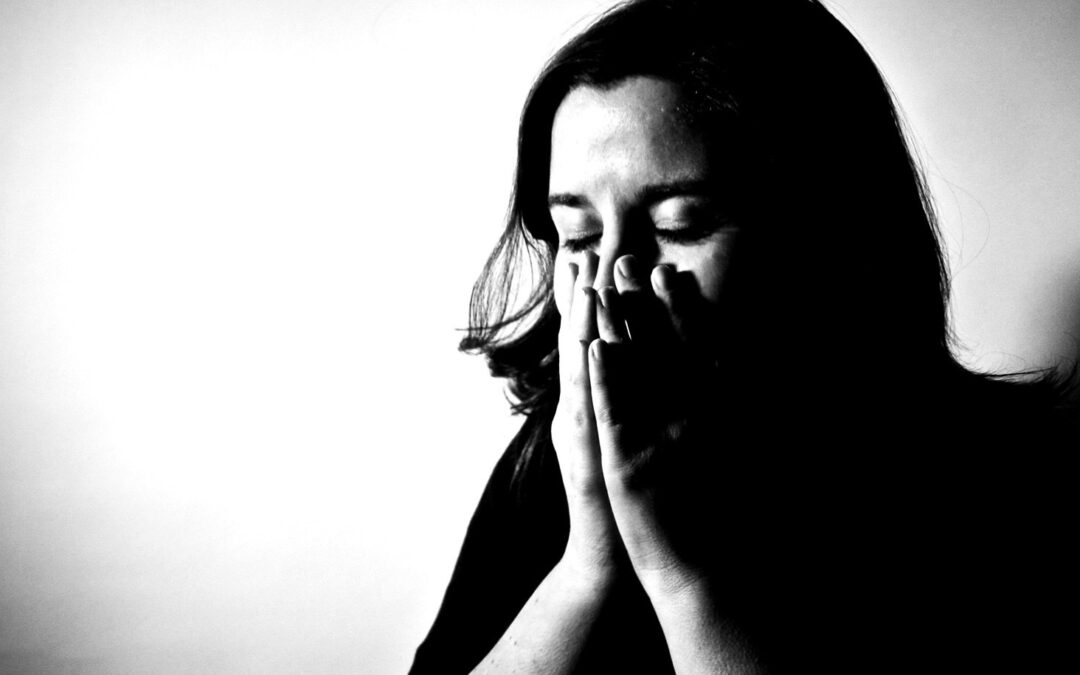The words loco and loca, meaning crazy, are broadly used in my community back home to describe people mostly in a favorable way. These are people who are naturally funny and think outside the box. Members of my community who are virtuous and full of life always seem to see all the hidden colors in life, the happy-go-lucky person strolling down a path heading nowhere with smiles for all he or she encounters.
This person is a favorable and an accepted member of our community. But sadly, this is as far as my community would like to think about the world’s loco or loca, or what true mental illness is to them.
Back home is a small community in the south of Mexico, population 1,000 to be generous, a five hours’ drive to the nearest city, Acapulco. In a town as small as this, everyone knows everyone and everything, but not everything everyone knows is true. A recollection of my 10-year-old self is a story that I come to contemplate deeply now. I remember this man; his name was Sotelo. Every morning while walking to school, I remember seeing him with a machete in his shoulder while walking to work the fields and talking to himself, keeping a normal casual conversation with no one, just like an office worker in present-day Los Angeles walking down the street with a cup of Starbucks coffee talking to someone in his earbuds. Every time I saw this man, he was alone, he had no wife, no sons, no daughters, no parents in town, and no friends. I remember feeling sad for him, curious about how a person could live alone like that by choice, but most of all scared.
The truth is not always easy to see. It wasn’t until the end of the school year that my friends and I got talking about Sotelo that I learned the truth about what my community back home thought about mental illness. One of my classmates told me that his grandmother told her that the reason he lived far from everyone in town was that he performed black magic and sacrificed animals. That was the reason why he was always seen to be talking to someone in his head. A different classmate said his dad told him that he was dangerous and to walk or run the other way when encountering him. Another person told another classmate that she believed he is alone because he hurt his family, and his soul was full of sins and conflicts so he did not go to church like everyone else. I remember changing my route to school because I was afraid to encounter him.
Although part of me thought all these stories were just tall tales from kids trying to scare others, thinking back, tall tales are exaggerated versions of real events and they tend to follow a common trend. I am not speculating about Sotelo’s past because deep within I knew that they were all lies, but instead of the reality of how members of my community really felt about him and expressed those feelings to their children. All these stories are rooted in confusion of something they did not understand with the only purpose of creating fear and isolation of people with illnesses we did not comprehend. The truth is that the real definition of loco or loca is a much-feared and dark reality to my small community back home. One that they do not understand and choose to stay away from.
I wish the end of the story was different. I wish what I knew then what I know now.

